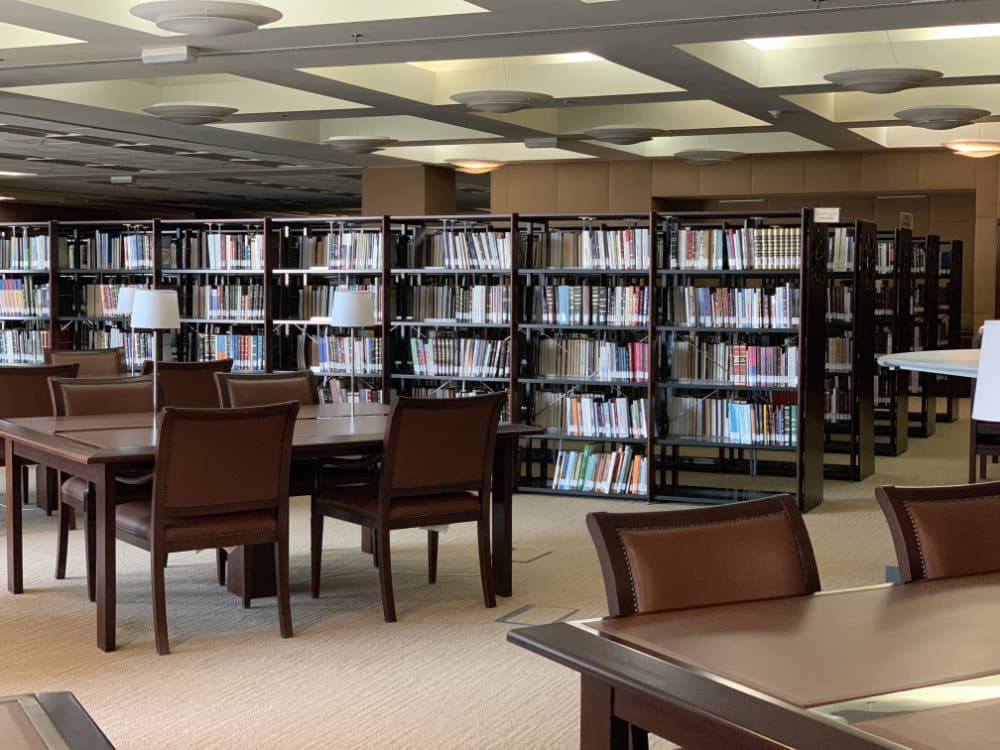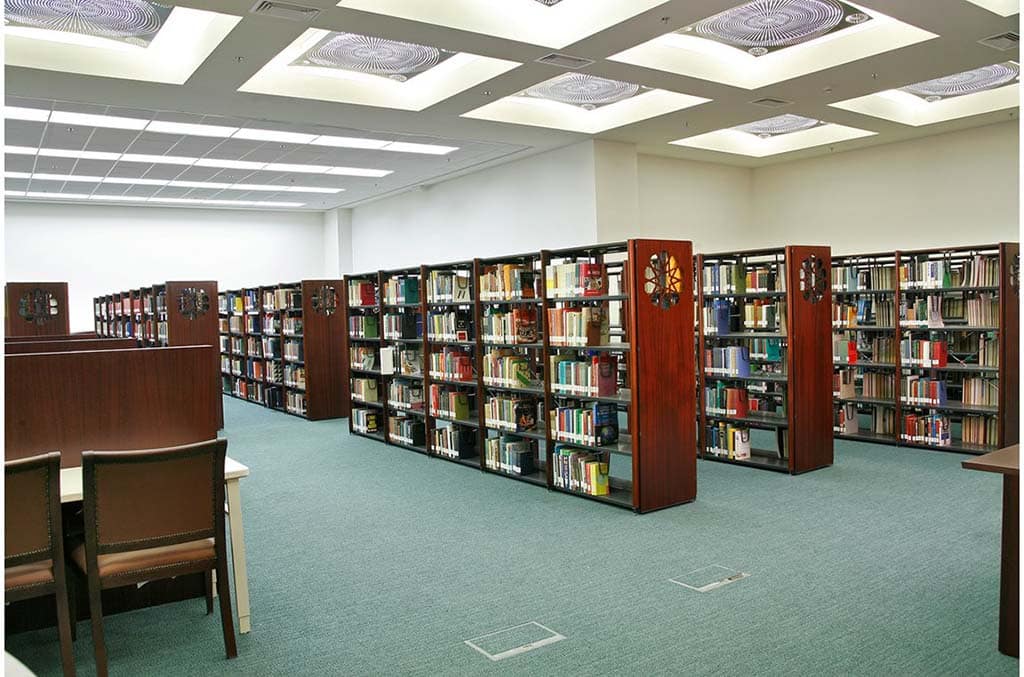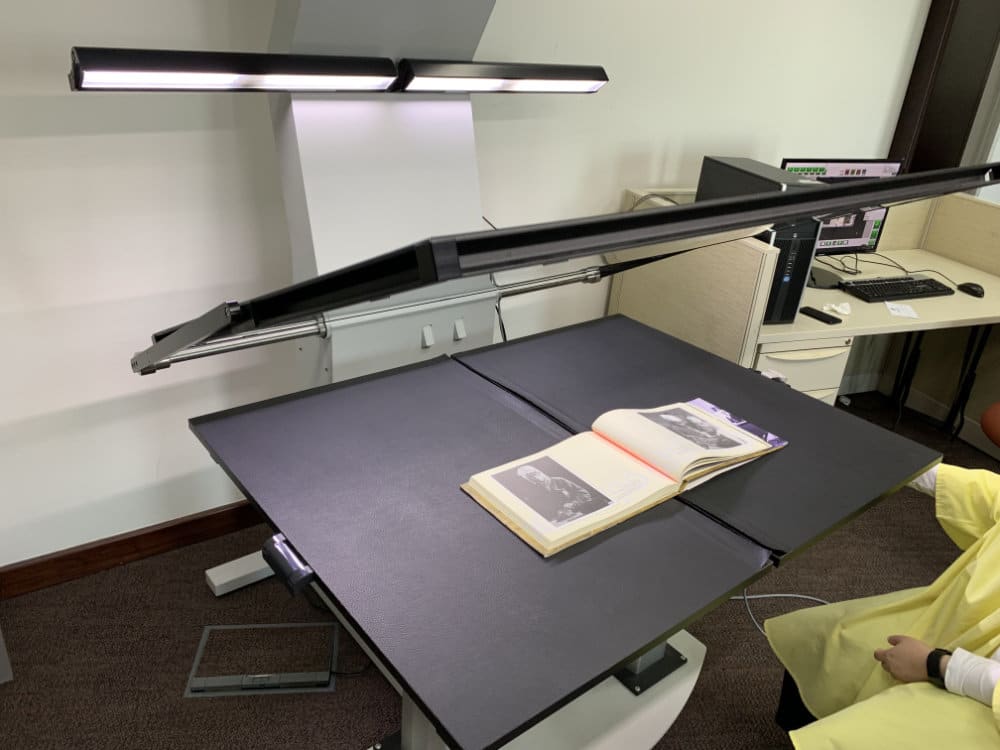KUWAIT: January 23 of the year 1923 marked the beginning of a century-long cultural journey of what began as a privately owned library and ended up as the state's national library. Library founding fathers Abdulhameed Al-Sane and Sultan Al-Kulaib held a meeting during the reign of late Amir Sheikh Ahmad Al-Jaber Al-Sabah with the attendance of a number of Kuwaiti intellectuals to discuss the nitty-gritty of their project.
The congregation designated Ibn Amer Diwaniya as the library's headquarters, appointed Abdulhameed Al-Sane to oversee its establishment, assisted by Rajab Al-Refai as treasurer and Abdullah Al-Omran as librarian. A number of bibliophiles, enthralled by the notion of a privately owned library open to the public, donated a number of valuable books, and agreed to supply the library with a diverse and riveting collection of magazine and newspaper issues.



Speaking to KUNA, the library's General Director Dr Sultan Al-Dehani, told the story of how the library braved through unyielding economic conditions and dwindling turnout over the years. The library went through a series of relocations and name changes in an attempt to adapt and remain standing, Al-Dehani explained, adding that it had done so through the efforts of Culture & Art philanthropists who refused to see its legacy diminished.
Moved by its literary and cultural significance, these people kept the library alive with generous donations, giving it a home and enriching its collection with valuable donations. The library arrived at its final destination in 1994 when late Amir Jaber Al-Ahmad Al-Jaber Al-Sabah issued a decree dubbing it The National Library of Kuwait. Its aims include the documentation and preservation of national heritage, protection of intellectual property, developing national cadres of librarians and archivists, and collaborating with various national libraries and research centers to further its growth. - KUNA

